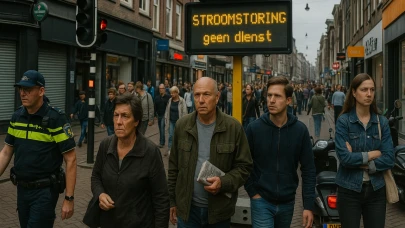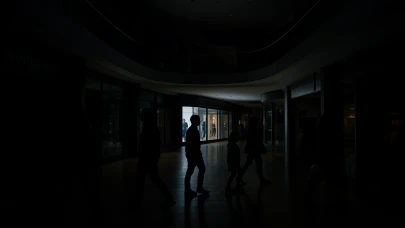Avrupa Komisyonu İçişlerinden Sorumlu üyesi Cecilia Malmström konuyla ilgili olarak yolsuzlukla mücadelede alınan önemlerin yetersiz kalmasından duyduğu üzüntüyü ve kararlı adımlar atılması gerektiğini belirtiyor.
Yolsuzlukların ekonomik maliyetinin 120 milyar euro seviyesinde olduğu tahmin ediliyor.
Kaynak: AB haber
European Commission - Press release (INGILIZCE)
Eurobarometer: Corruption on the rise?
Brussels, 15 February 2012 - Corruption remains a major problem in the countries of the European Union and levels are thought to have risen over the last three years, according to the Eurobarometer survey published by the Commission today. The data shows that almost three quarters of Europeans continue to see corruption as a major problem and think that it exists at all levels of government. Eight percent of respondents say that they have been asked or expected to pay a bribe in the past year.
"It is disappointing to note that the practical results in tackling corruption across the European Union remain unsatisfactory. How many times have we said it was high time to act? Europeans expect national governments to take decisive steps. It´s time they did," said Cecilia Malmström, EU Commissioner for Home Affairs.
Corruption continues to be one of the biggest challenges facing Europe. Whilst the nature and scope of corruption varies from one EU Member State to another, it harms the EU as a whole in terms of reducing levels of investment, obstructing the fair operation of the Internal Market and having a negative impact on public finances. The economic costs incurred by corruption in the EU are estimated to amount to around 120 billion per year.
"Corruption is a disease that destroys a country from within, undermining trust in democratic institutions, weakening the accountability of political leadership and playing into the hands of organised crime groups. Corruption can only be tackled successfully through the will and commitment of leaders and decision-makers at all levels," said Cecilia Malmström.
In June last year, the European Commission adopted an anti-corruption package, calling for a stronger focus on corruption in all relevant EU policies (see IP/11/678 and MEMO/11/376). It also established a specific EU monitoring and assessment mechanism, an EU Anti-Corruption Report, which will give a clear account of the state of play of anti-corruption efforts in all 27 Member States of the EU. The first report is scheduled for 2013.
The Commission will soon propose further legislation, notably on the confiscation of criminals´ assets, the reform of public procurement rules, more advanced statistics on crime and an enhanced anti-fraud policy at the European level.
Background
The Eurobarometer survey was carried out in the 27 EU Member States in September 2011. The key findings are:
The majority (74%) of Europeans believe that corruption is a major problem in their country. Almost half of all Europeans (47%) think that the level of corruption in their country has risen over the past three years.
Most Europeans think corruption exists within local (76%), regional (75%) and national (79%) institutions.
Europeans believe that bribery and the abuse of positions of power takes place in all areas of public service. National politicians (57%), and officials awarding public tenders (47%) are the most likely to be considered involved in such activities.
40% of Europeans believe that a too close relationship between business and politics contributes to corruption. Lack of action by politicians (36%) and a lack of transparency in the way in which public money is spent (33%) are contributing factors. The majority (68%) do not think that there is sufficient transparency and supervision of the financing of political parties.
The majority of Europeans (70%) think that corruption is unavoidable and that it has always existed. Two in three Europeans (67%) believe that corruption is part of their countrys business culture.
The majority of Europeans (67%) disagree that they are personally affected by corruption in their daily lives. Only a minority (29%) say they are personally affected. An even smaller proportion (8%) have been asked or expected to pay a bribe in the past year.
Faced with a corruption case, Europeans are most likely to trust the police (42%) and the judicial system (41%) and least likely to trust political representatives (6%) to help them.






Yorumlar
Kalan Karakter: